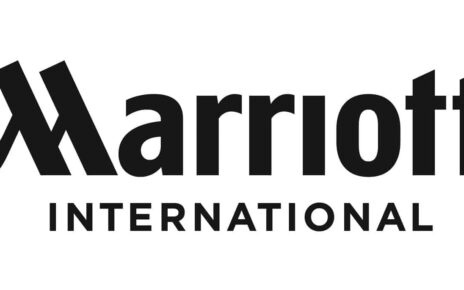Even as vaccines are being administered and there is hope for the return of travel and tourism post COVID-19, the strategies to build the industry back is a challenge in itself. The way people see the world has changed, and so the push to bring travel and tourism back has changed.
- The 11th India International Hotel Travel and Tourism Research Conference held in Delhi explored various ways to revitalize travel and tourism.
- Festivals, food, and cultural events may be the way forward to enticing tourists to travel again.
- Ensuring health and safety first via transportation and then at venues, in hotels, and at restaurants are of utmost importance.
India should lay greater stress on promotion of rural and community-based tourism and also make use of the many great museums that the country has. These valuable suggestions were made today, February 25, 2021, by Padma Bhushan Shri S.K. Misra, (I.A.S.), Former Principal Secretary to
Prime Minister, who has spent a major part of his life in the tourism field.
Misra was speaking as the chief guest at the 11th India International Hotel Travel and Tourism Research Conference organized by the Banarsidas Chandiwala Institute of Hotel Management & Catering Technology in New Delhi. The conference has attracted papers from 12 countries, spread over 3 continents.
Misra emphasized the role of research, which will help in dealing with the issues being faced now. He pointed out that many tourists are keen to get the feel of real India, which could be experienced in villages and rural areas.
As a way forward, he said that the festivals of India held in the 1980s had done much to promote travel to India from the countries where they were held. He suggested that it was time now to have such festivals again. He added that the Surajkund fair, held every year, attracted many from within the country and abroad, giving artists an opportunity to showcase their talents.
Environment and sustainability issues are also important he said as he lauded the people devoting time for such subjects. Domestic tourism was another area with great potential. In this context, infrastructure development and connectivity were important in order for it to work well.
Ashish Bansal, Assistant Professor, stated: “While the hospitality industry is slowly recovering, the COVID-19 crisis continues to exert profound impacts on how hospitality businesses operate. Hospitality businesses are expected to make substantial changes to their operations in the COVID-19 business environment in order to ensure employees’ and customers’ health and safety and enhance customers’ willingness to patronize their business.
“Most customers (over 50%) are not willing to travel to a destination and stay at a hotel any time soon. Only around a quarter of the customers have already dined in a restaurant and only around one-third are willing to travel to a destination and stay at a hotel in the next few months. These findings suggest that customers in general still do not feel comfortable to dine in at a sit down restaurant, travel to a destination and stay at a hotel. Since the breakeven point in the hospitality industry is relatively high due to high operating costs, the survival of many hospitality businesses heavily depends on increasing the demand for their services and products. Thus, figuring out what will make customers return is essential and this requires intensive research efforts.”
The keynote speaker for the conference was C. Cobanoglu from the University of South Florida, USA. He pointed out the importance of technology in the hospitality industry, saying that many developments help in building the confidence of travelers. This in itself as a virtual conference has led to much interest in India and abroad.




